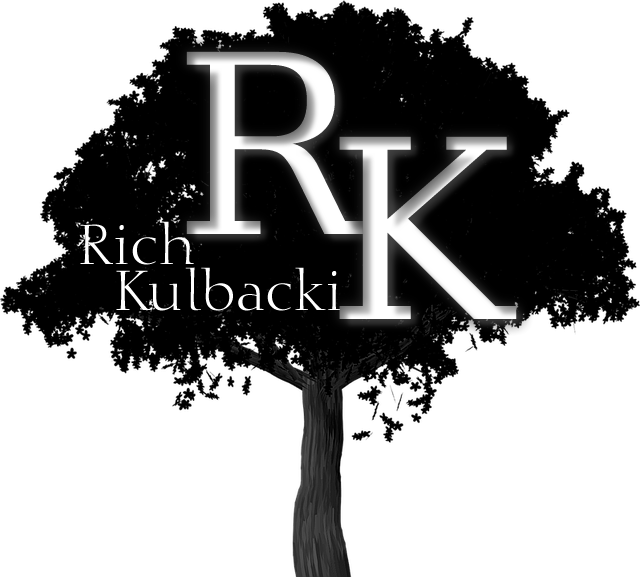I would imagine that yesterday’s blog got the wheels turning a bit. You might be asking yourself: “How can I possibly exist in today’s society without a credit score?” Well, I’m here to tell you that it IS possible, and give you a few examples.
Before You Get Too Excited…
I want to preface all of this by saying that there is a BIG difference between bad credit and no credit. What do I mean? Well, a “0” credit score is much, much better than a “500” credit score. There are certain things that you’re still going to have trouble with if your credit score is bad. The good news? You can get around them basically the same way as you would if you had no credit, although the explanations will change depending on which boat you’re in.
What If I’m Job Hunting
Sometimes an employer will want to run a credit check on you as a part of the job screening process. If you’re in the financial field, like me, it’s a given that they’re going to do this. Some others won’t care one way or the other. Depending on your situation, this is how you explain it:
- If you have bad credit: Be honest with them! Tell them that you were bad with money in the past, but you’ve gotten your life on track by living debt free (Or if you’re on your way, let them know that, too). Tell them a story about overcoming whatever obstacles you’ve overcome in order to turn your life around. It’ll go a long way!
- If you have NO credit: Pretty easy. Again, just be honest and tell them that you’ve chosen to live your life without debt so that you can focus on building wealth for your family and not payments. Again, tell them your story (Your “Why“). It’ll help your situation and really make you stand out as someone who has conviction and good habits.
What About Renting?
This one is pretty cut and dry. Most places that you try to rent from will gladly rent an apartment to you if you give them first and last months rent along with a security deposit. They may also require some additional information like a referral from your last landlord or something of the like. Again, being up front and honest is the best policy. Tell them in advance that you only pay cash and that you don’t use debt in your life.
How Can I Buy A House?
The answer to this question is the same whether you have bad credit or no credit. However some lenders may still give you a traditional home loan if you have bad credit, but the interest rate is going to be high and you’re going to have to pay Private Mortgage Insurance or some equivalent, thereof. Put those two things together, and you’re going to be paying out the nose to the bank. It’s just not worth it.
There is another way! If your credit is bad or non-existent, you can do what’s called manual underwriting. Why haven’t you heard about it? Because not that many people do it, and not many banks offer it.
So here’s how it works. You need to have a good history of payments (Rent, utilities, memberships, insurance premiums), a large down payment of at least 20%, a history of employment stability, a low debt to income ratio of 40% or less (Meaning that if you make $2,000 per month, only $800 of that can be paid out in payments per month), and good cash reserves. They’re also probably going to want to see your tax returns from the last few years.
If you don’t have that large of a down payment saved up, in my opinion you’re really not ready to buy a home. The good news? You’re on a debt free path, and once you get the first three Baby Steps out of the way, nothing can stop you!
You may also be wondering what kind of loan you should get and what is a manageable payment? My rule of thumb is this: No more than a 20 year mortgage with a payment that accounts for no more than 25% of your take home pay. Why?
- The difference between the interest you pay on a 20 year mortgage compared to a 30 year mortgage is staggering. Say you buy a home for $200,000 and your loan is for 4%. with a 30 year mortgage and you put $40,000 down. You’ll pay $26,787 more in interest on the 30 year. Yikes!
- You don’t want to be “House Poor”. If your house payment stops you from doing pretty much everything else, you’re house poor. You want the house to be a blessing to you, not a curse, so make sure that payment is no more than 25% of your take home.
With all this talk about saving up big chunks of cash, you might be wondering “How do I save up for my big emergency fund, large purchases like a down payment on a house, or to buy a car after I finish Baby Step #2?” Come back tomorrow and find out!
Do you have another circumstance that you are running into problems with if you have bad or no credit? Comment below, and I’ll help!
Are you excited about starting your journey to financial independence? Share this post with the people you care about!

Be First to Comment